“On paper the film looks like a suicide project”: An interview with Samuel Maoz, director of Foxtrot
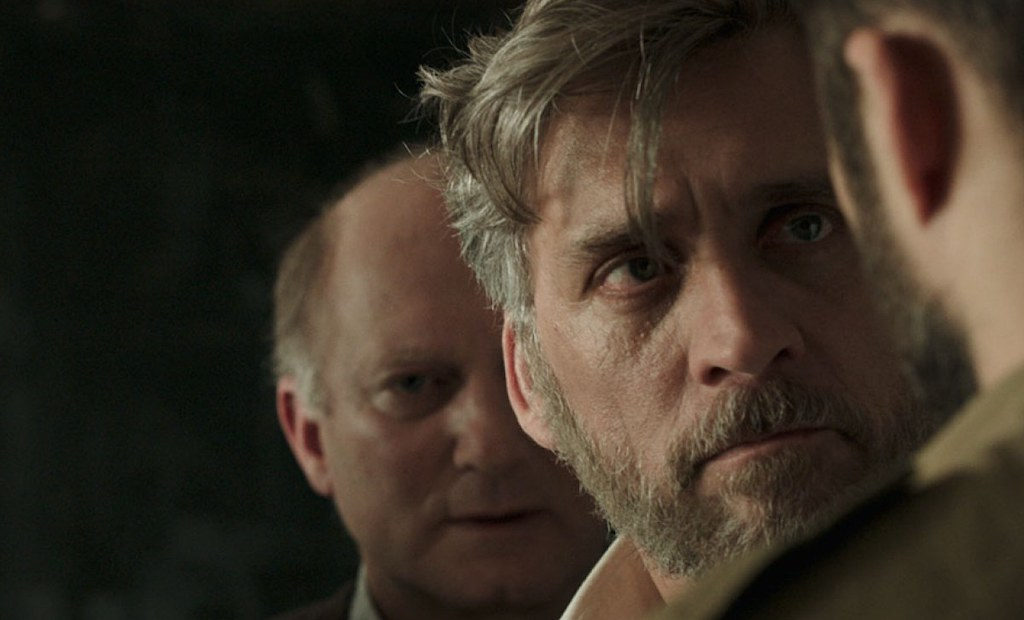
Samuel Maoz triumphed at the Venice Film Festival in 2009 with his debut feature Lebanon. Eight years later he returned to the Lido with Foxtrot, a family drama set in Israel and revolving around a checkpoint in the desert. We spoke with the director ahead of its UK release.
Is life a destiny or coincidence?
That was the challenge that I set myself, to build the gap between the things we control and those that are beyond our control. I don’t have a straight answer, it’s what the film tries to investigate. Because the film is, as far as I’m concerned, a philosophical puzzle. So it tries to explore this very concept of what we call faith.
You can’t do anything about what was meant to be. There’s even a scene explaining the moves of the Foxtrot, illustrating how even if you are moving, you are going back to same place.
Yes, but not exactly. I will tell you a really short story. This story was the core of Foxtrot; the film was born because of this story that happened to me a long time ago. When my eldest daughter went to school she never woke up on time, and in order not to be late, she would ask me to call for a taxi. This habit started to cost us quite a bit of money and it seemed to me a bad education so one morning I told her to take the bus like everyone else did, and if she would be late she would be late. We had a huge argument and I told her maybe she had to learn the hard way how to get up on time. Her bus was line five; half an hour after she left I heard on the radio that a terrorist blew himself up on line five and that dozens of people were killed. I tried to call her, of course, but all the lines collapsed because of the unexpected load so I experienced the worst time in my life – that one hour was worse than my entire Lebanon war. After one hour she returned home. She had missed the bus; she had seen it, she had started to run but the driver had not been kind enough to wait for her so she had taken the next bus.
After this, I tried to ask myself, “What can I learn? Did I do something wrong?” I did something that seemed to be right and logical to do, and the truth is that I can’t learn anything from it. I think that there is a difference between when Mikael (the father) fights with the army team, from my point of view he is doing something that is right and logical to do, and suddenly the punishment corresponds with his old sin in the same form – more or less. That’s the difference between casual coincidence – spooky coincidence – or coincidence that looks like faith. There is something, dramatic-wise, round and complete in this process, and there is also an irony associated with faith.
But why Foxtrot?
Well, Foxtrot is a kind of dance that you can dance in many variations, but in the end, you will end in exactly the same point where you started.
Do you think Israel is caught in a Foxtrot situation somehow?
Yes and no. Because the film deals with two generations: the second generation of the Holocaust survivors and the third generation. Each of them experiences trauma during their military service. But I think that the first trauma was forced upon us but the second trauma could have been avoided. It’s not black and white.
Every film in this country has to deal with the loss of personal friends and relatives.
Yes, everyone knows someone.
You show right at the beginning how that affects people. Is this a metaphor for the trauma lying over Israel – the constant threat that you might lose somebody in the war?
For sure. I wanted to show the endless traumatic situation of Israeli society, which still comes out from a terrible past trauma. You know, if a father beats his child, in the future the child, despite saying he won’t, will beat his own child more than if he had had a sweet father. I think that it’s also expressed not just in single people but in the bigger society.
Nothing happens at the border you show but it’s a war zone so everyone is on edge. Did you also want to show with the picture that anything can happen in war, even in the desert?
I wrote this sequence as an allegory, as a metaphor. The sequence floats a few inches above the ground. It’s important because I didn’t want people to see only the specific situation; I wanted to try to deliver a broad picture. I don’t have interest in a realistic feeling about the roadblock; the roadblock is a microcosmos of society. An apathetic and anxious society. As I told you before, it shows the effect of past trauma. The last scene with the youth in the Mercedes, in the last car, it’s a climax of a situation getting more and more cooked. The Mercedes burial expresses repression and denial. We fail to confront it and ask ourselves difficult questions. I wanted this wider picture: I told myself I didn’t want the audience to have to be a genius to understand the allegory, so that’s why I wrote and directed like that, with the sense of nothingness – because there is no war there. War is just in the iPad of the commander. But it was important to me to show soldiers doing nothing, unnecessary nothing, in no man’s land. And because of unnecessary nothingness and the psychological pressure – “you need to be here, war is here” – s**t happens, you know?
The film shows you have the technical craft of a director who makes a lot of movies, but you take your time making them. What kind of research did you do?
Firstly, it took me just three years to make this movie. I’m doing other things: I write, I paint, I raise my daughters. I’m not obsessed with running and doing another one. I can say that a spark, the spark of an idea that is born in my mind – the spark is usually always visual. At the end of the process, the visual aspect serves the idea but the idea is always born because of this visual stimulation. I don’t make naturalistic cinema, it’s more experiential, it tries to penetrate and reflect the souls of my characters. The visual dimension is an integral part of the story. For example, in one wide look at Mikael’s apartment, the first long shot, when he is sitting in front of the window and he is sitting at the table, it should give us a lot of information about him. Mikael’s position tells us a lot about him as well. He says his first sentence with his back to the camera: “I don’t want people around me right now”. So we have a combination of position, one short sentence and space. And all three of them should save us many pages of dialogue. I treat text as an enemy. If I can deliver the information or feelings without it, I prefer to do it like that. I can also certainly say I’m working from my head, but I think that part of the film is an intuitive translation of my inner world, I think. I can’t say much more about that.
The scene with the buried car, it’s a hard scene. How do you think the public will react to it? Is it taboo to talk about these things?
This was a problem. If I had made a film about a horrible crime in the police, the next morning nobody would say anything, they’d say it’s a movie, it’s a film. It’s very sensitive. That’s why I also wanted to create something like this, not because I was afraid of the reactions but because I knew that people would choose not to see the broad picture. I didn’t want to give them to option to choose. I thought I would do my best to focus them on what I want to deliver, not what they want to see. The Minister of Culture already said that Foxtrot is mind games because the film is spreading crap on army soldiers. And when journalists asked her what was the thing that made her so angry, she said “the scene when the soldier breaks into the Palestinian village, into a Palestinian house and beats the family. Then they start to understand that she didn’t see the film, she’s just bullshitting. But she’s the type, she was elected. She said something like: “I have not read Chekov, I will never read Chekov and I’m proud not to read Chekov. I will supply culture not just to the intellectuals but to all the people.” So I said to the journalists, “I don’t expect someone who didn’t read Chekov to understand.
How did things change when you won the Golden Lion?
Everything was easier. For this project, I had to beg for every dollar because on paper the film looks like a suicide project, because I shot the entire film inside a shoebox, almost, in such a tiny place. So it was very hard to raise the money. In the end, I raised it with a bit from here, a bit from there, and it was easier.
The couple deal with grief in different ways. How did you build this relationship and why do they act differently?
Usually, when it comes to post-traumatic men returning from the war, people have a stereotype that they have nightmares, that they’re very lonely. It’s not like that, it’s the opposite because many people want to show everybody that they are ok and that they’re in control. Mikael, for example, he was the kind of Israeli guy that when he was a young officer in the army, he told himself he needed to go into war, and in the key moment he froze – he sent someone to die before him. He didn’t mean to do that but when it happened he froze, and all his life he is trying to prove the opposite. He becomes very successful, has a family, he tries to function like a strong man, but deep inside his soul is bleeding and there is no place, no corner to download the pain and the anger, and so he keeps it in. And the temper is the price.
When we meet him in the first frame of the film he is frozen again, his wife on the floor. He can’t accept. In my generation, you couldn’t complain about nothing; people expected you to be a man but suddenly when something happens like that to you, you are a child and you are very ashamed. In my time people weren’t aware that there were treatments, that you could talk to people. They said, “you have two hands, two legs, ten fingers, and you are complaining about something inside? Come on!”
Do you feel like this film is a kind of therapy?
It was a by-product. I didn’t do it to search for some therapeutic treatment, I did it because I had the need to do it. Therapy was an added value that I earned without intending to earn it.
Filippo L’Astorina, the Editor
Foxtrot is released in select cinemas on 1st March 2019. Read our review here.
Watch the trailer for Foxtrot here:

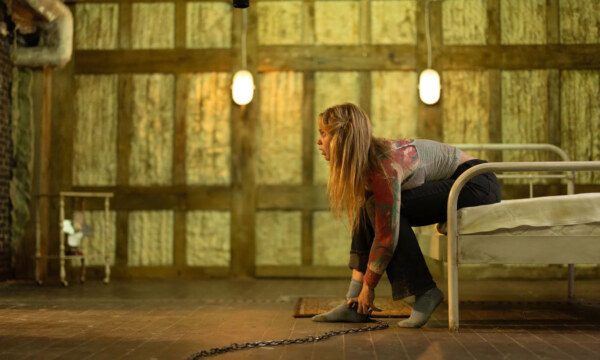
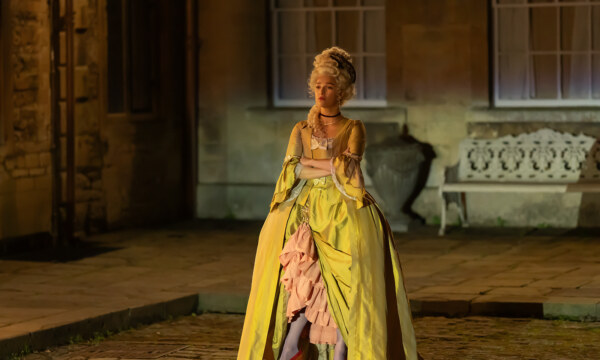
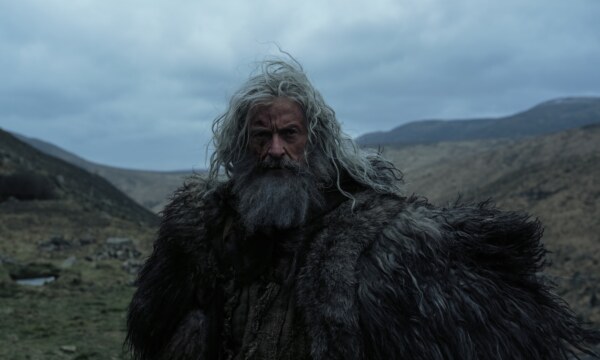
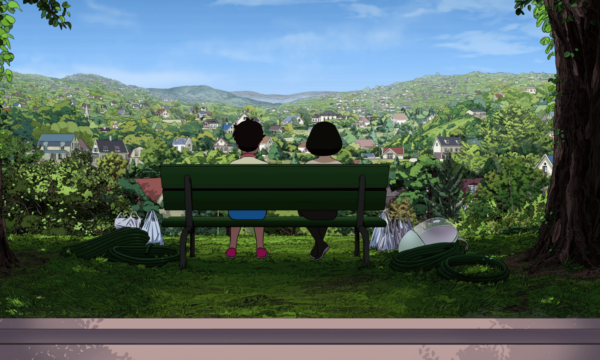
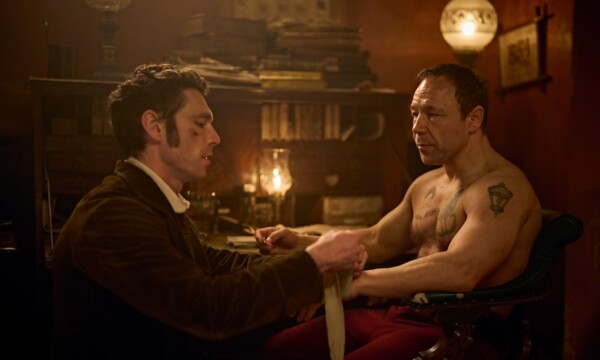
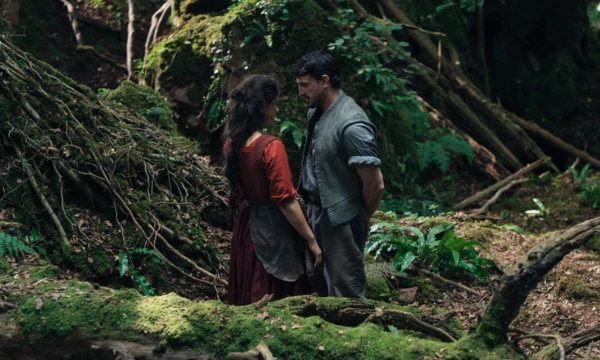
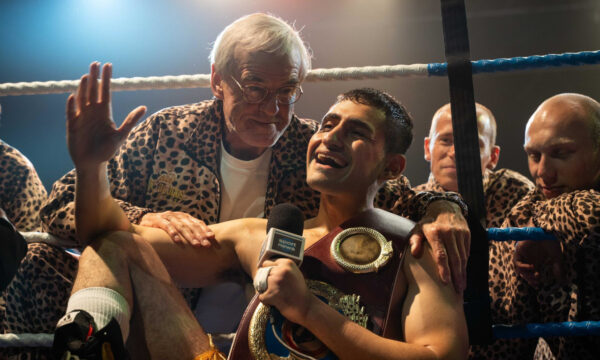

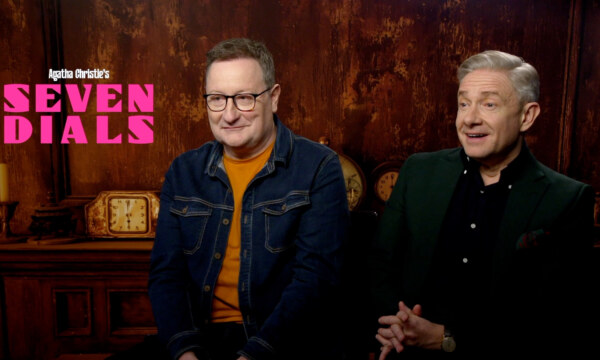

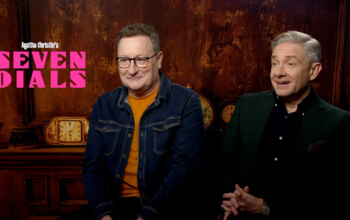
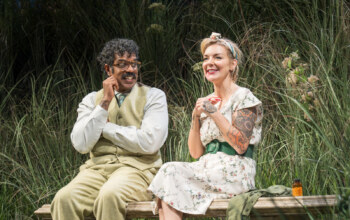
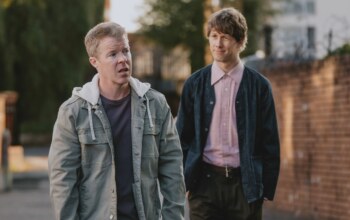
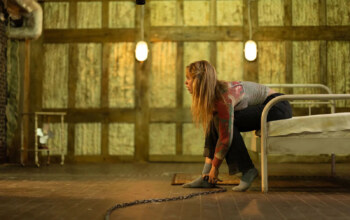

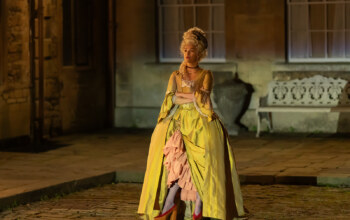
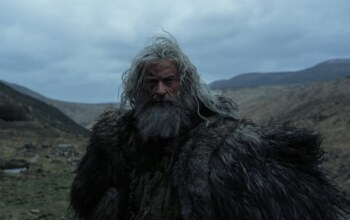
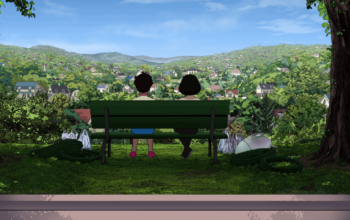





Facebook
Twitter
Instagram
YouTube
RSS